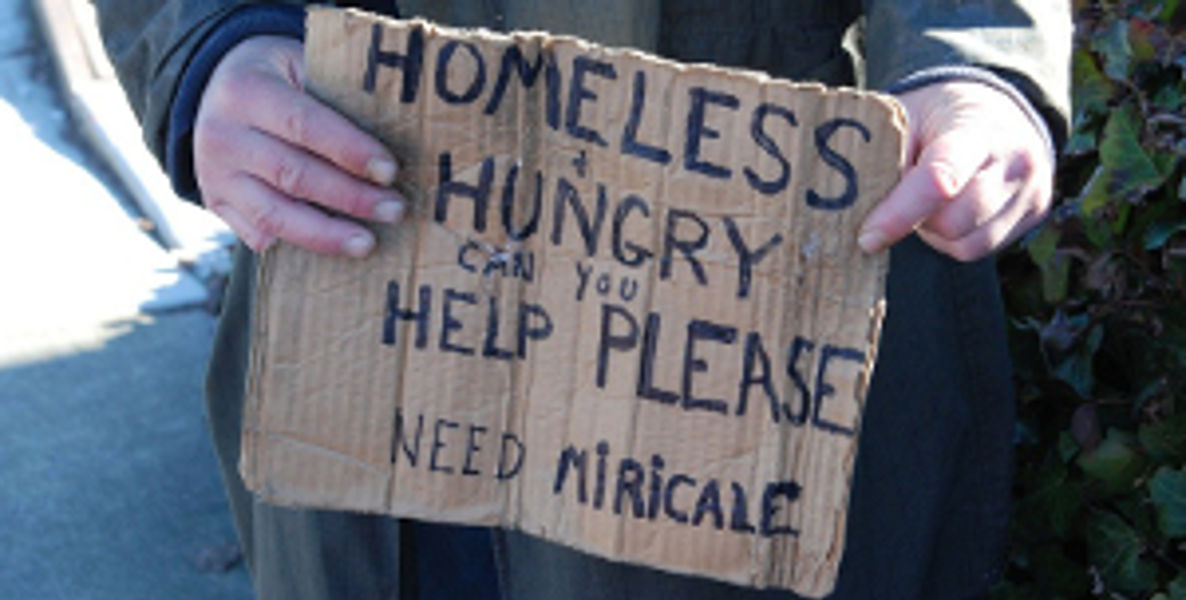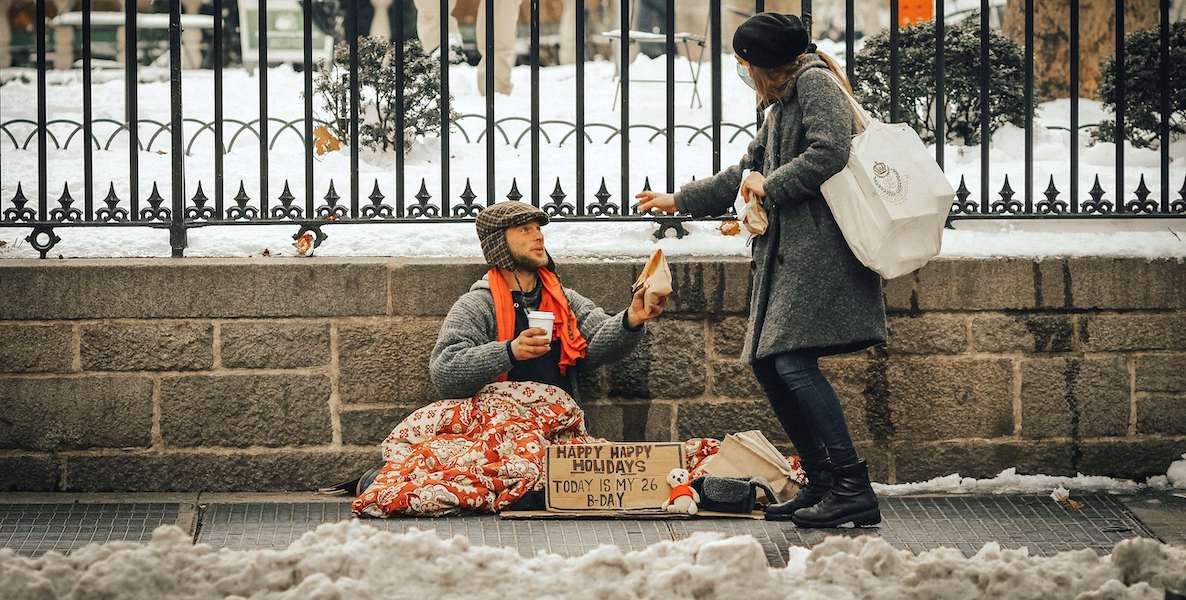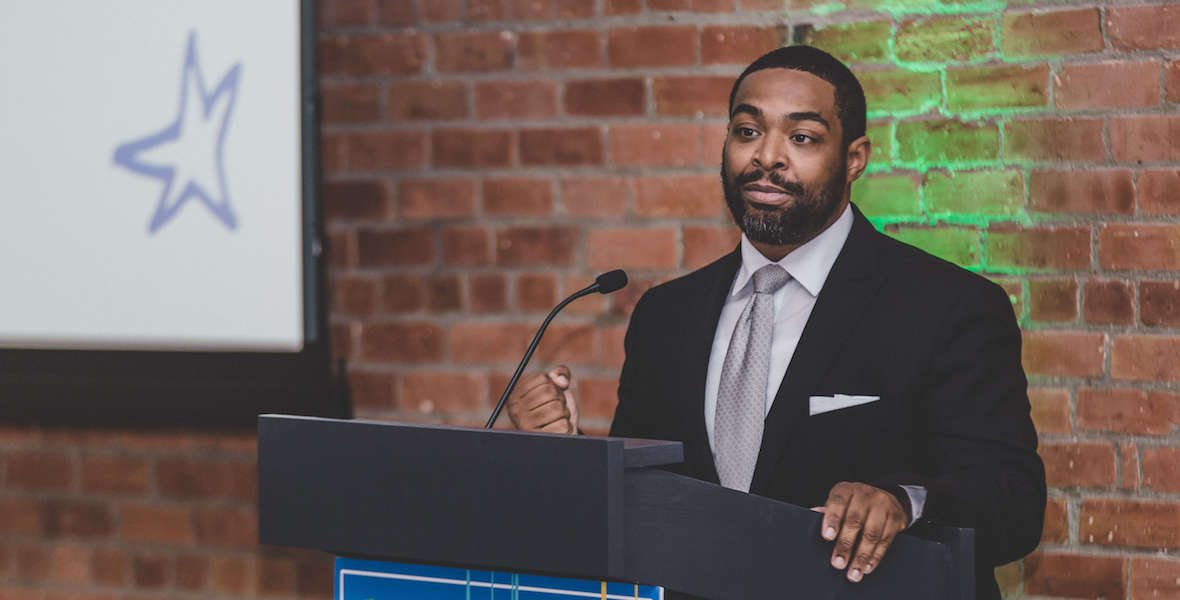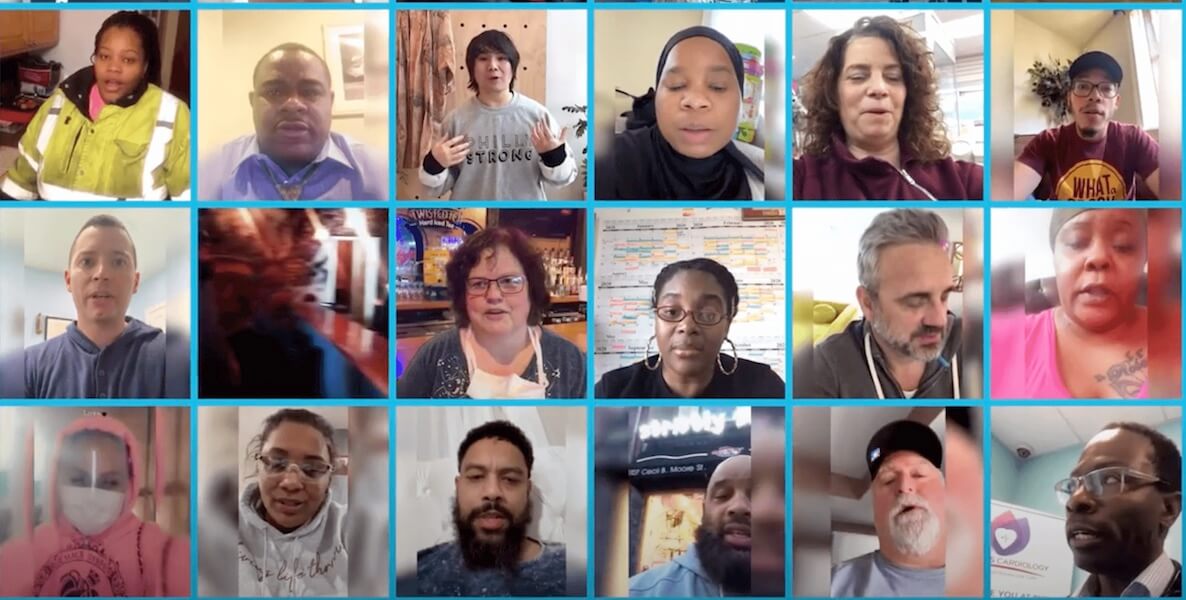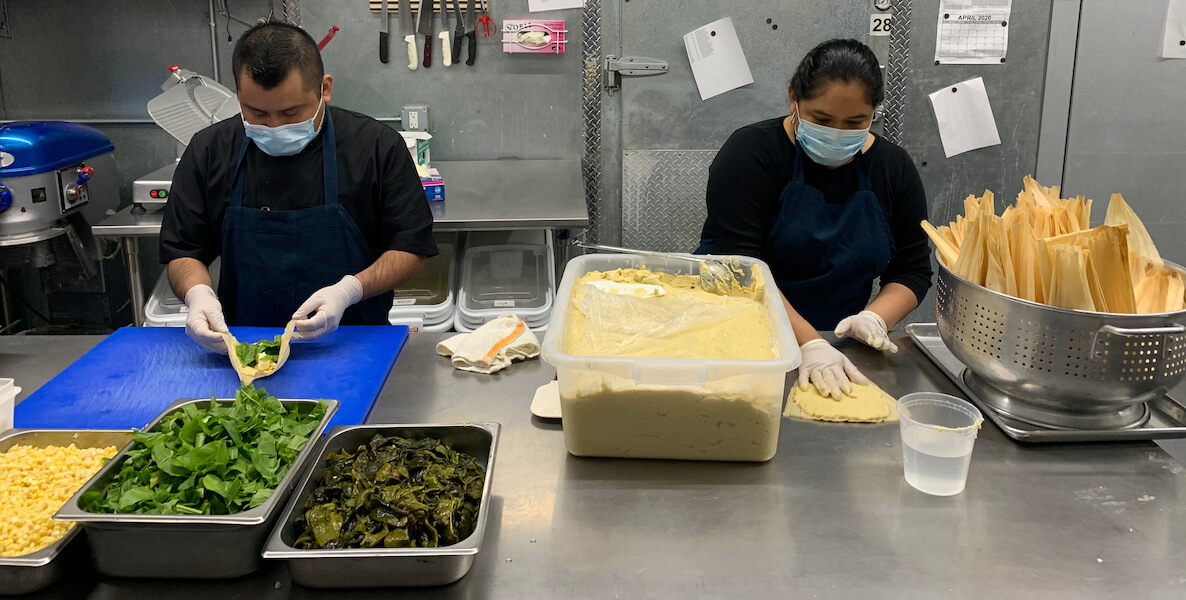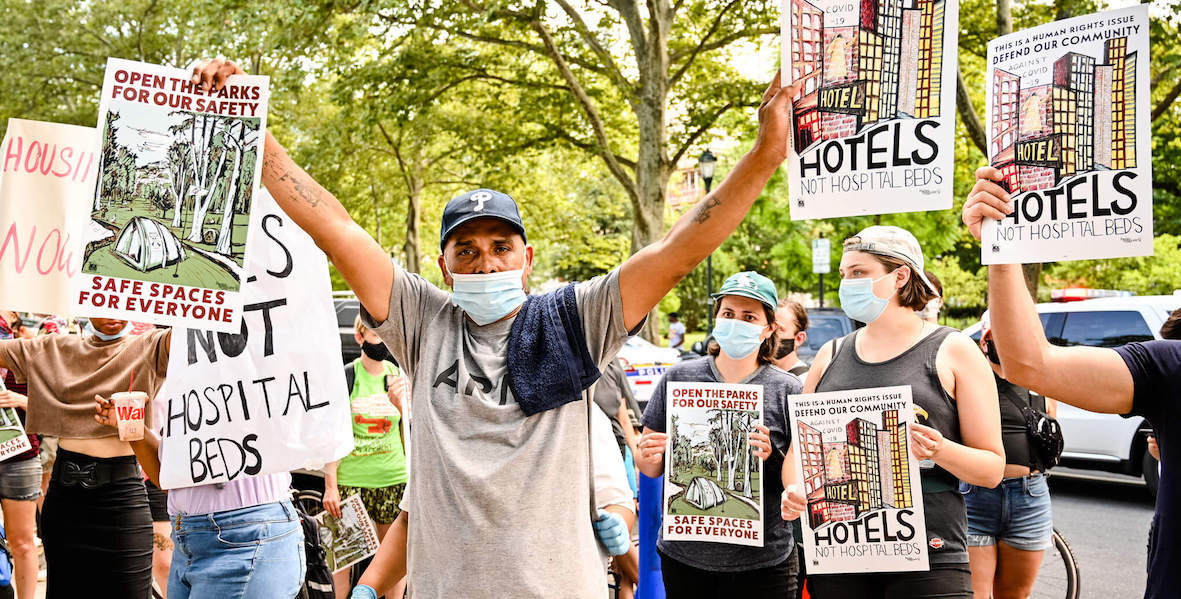For more than a month, 100-plus homeless people and Black Lives Matter protesters have encamped on the Parkway to draw attention to the lack of housing for the homeless. The encampment was set to be shut down Friday, but Mayor Kenney has extended the deadline to continue negotiations with encampment representatives
Homelessness isn’t just a housing problem; it’s a health problem. Many of the homeless are formerly or currently addicted to alcohol, opiates or other drugs. Many lost their ability to work or their ability to pay rent after a devastating illness—physical or mental, their own or their family’s. Many suffer from mental or physical disabilities that make regular employment impossible.
As a result, the entity that should be helping with our city’s—and our country’s—homelessness crisis isn’t just the government, but rather the healthcare industry. And it’s really the only industry with an urgent motive to solve this problem and the best skillset to do so.
While for most of us, emergency room visits are rare and unpredictable, for many of the homeless and housing insecure they are frequent. And because the homeless are not able to return to stable, comfortable housing, their visits to the ER will recur because it’s impossible for them to fully recover.
![]() Additionally, the homeless may stay longer at the hospital than other comparable patients, both because of their compromised condition and because hospitals can be required to house homeless patients until they can be safely discharged to a shelter. Finally, because the homeless don’t have insurance, and thus the hospitals don’t get directly reimbursed for their services, they are expensive to the hospital.
Additionally, the homeless may stay longer at the hospital than other comparable patients, both because of their compromised condition and because hospitals can be required to house homeless patients until they can be safely discharged to a shelter. Finally, because the homeless don’t have insurance, and thus the hospitals don’t get directly reimbursed for their services, they are expensive to the hospital.
In cities around the country, some hospitals and healthcare systems are figuring out a true win-win: they can house the homeless; they can provide wrap-around services to the homeless; and they can do all this at less cost than housing the homeless in hospital beds.
In Denver, for example, Denver Health partnered with the Denver Housing Authority to help solve its own homelessness problem. Denver Health had numerous homeless patients stuck in limbo in the hospital—including one who had been there for more than 1,500 days.
 Denver Health identified an old, unused office building on its campus and turned it into a combination of affordable senior housing and apartments for homeless people transitioning out of the hospital. A bed at the Denver Health hospital is $2,700 per night; housing a homeless person could cost just $10,000 per year in one of these new units.
Denver Health identified an old, unused office building on its campus and turned it into a combination of affordable senior housing and apartments for homeless people transitioning out of the hospital. A bed at the Denver Health hospital is $2,700 per night; housing a homeless person could cost just $10,000 per year in one of these new units.
One need not go so far as Denver to find examples. The New Jersey Housing and Mortgage Finance Agency (NJHMFA) is another entity that has seen the benefits of turning hospitals into developers. Prior to joining NJHMFA, the agency’s director, Charles Richman, ran the New Jersey Department of Community Affairs (DCA), where he led a pilot program in Camden County that helped house the area’s most frequent users of hospital emergency rooms.
At NJHMFA, Richman has built a subsidy program that would incentivize hospitals to build a small number of affordable housing units for frequent hospital users. The program is supported by a subsidy of up to $4 million, a mortgage directly linked to the program, and a match from the hospital in land or other resources. It is therefore able to generate not only housing but a suite of other supportive services for residents. New Jersey has six hospitals with projects in the pipeline.
![]() Recognizing that housing is critical to health, hospitals have extended their mission to keep people healthy into people’s homes. Penn and CHOP run numerous programs that help people make their homes healthier, for example, abating asbestos and asthma triggers.
Recognizing that housing is critical to health, hospitals have extended their mission to keep people healthy into people’s homes. Penn and CHOP run numerous programs that help people make their homes healthier, for example, abating asbestos and asthma triggers.
Penn and Jefferson also happen to have the capacity and the land to develop housing. There are numerous potential sites and operators who could take this idea forward. Do I dare mention the vacant Hahnemann University Hospital building?
As a city that prides itself on its meds industry, we need to prioritize the financing mechanisms to make such housing units possible. We can house the homeless, free up emergency-room beds at this critical time, and ensure that Philadelphia responsibly gets homeless people off the streets and remains a safe place to live, work and play.
Diana Lind, executive director of the Arts + Business Council for Greater Philadelphia, is a Citizen board member. Her new book, Brave New Home: Our Future in Smarter, Simpler, Happier Housing, comes out in October 2020.
Header image: Protestors at the Parkway Encampment call for hotels not hospitals. Photo by Joe Piette / Flickr


